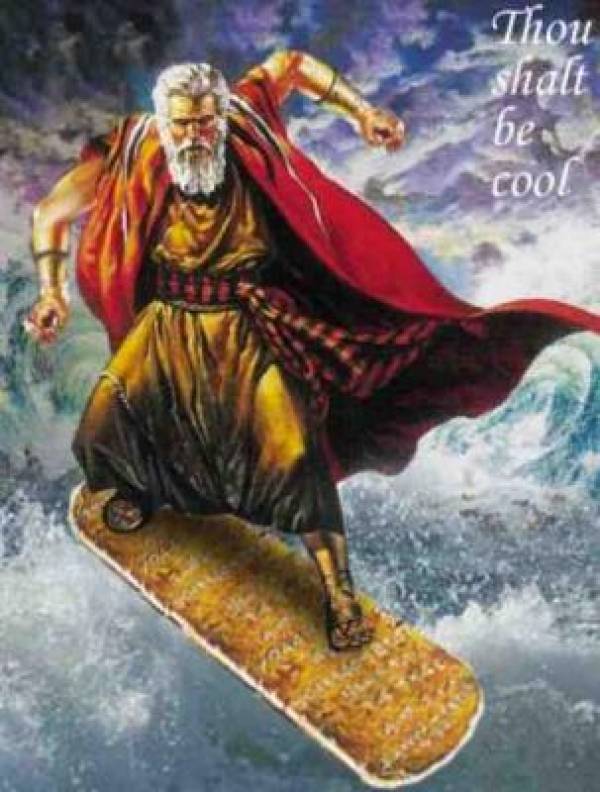California Poker Law Confusing, Antiquated

The state of California, which just happens to be the 8th largest economic powerhouse in the world, has made headlines in the world of poker recently.
Local casinos have spent heavily in recent days on radio and television ads promoting a bill that would legalize online poker in the state.
The ads are intended to communicate the need to pass online poker legislation to avoid triggers that would force deep cuts in the state budget, according to the California Online Poker Association, a grassroots organization the represents many of the state’s casino operators.
“With less than three weeks left in the legislative session to pass an online poker bill, we want legislators to know money is available for the state right now,” association spokesman Ryan Hightower said in a statement Tuesday.
The bill in question has some players worried since an amendment was drafted that would allow for seizures of one’s home if an individual is found to be playing on an “unlicensed” website. Ultimately such a statute would likely be used to ensure residents are paying state taxes.
Some California residents worry they are already breaking laws that can be considered antiquated at best.
New York Yankees player Alex Rodriguez is accused of taking part in underground games that some say violates state law.
From Slate.com:
Private gambling is very rarely prosecuted in California. In the state's history, nobody has ever been prosecuted for raking the pot more than five times in a private game. If, against all odds, you were prosecuted, you would be charged with a misdemeanor. Other states regulate participation in private poker games differently. About half the states, including New York, do not have laws against participating in a private poker game. On the other end of the spectrum, Utah has outlawed gambling entirely and provides no exemption for at-home poker playing. Even in Utah, though, violating those laws results only in a misdemeanor charge.
Gambling laws in California date back to the 1870s and 80s, when the state decided to crack down on the casinos that had sprung up during the Gold Rush. As a result, many of the 11 games specifically outlawed by the California penal code—faro, monte, roulette, lansquenet, rouge et noire, rondo, tan, fan-tan, seven-and-a-half, twenty-one, and hokeypokey—are unfamiliar to the modern-day gambler. The original list actually included a 12th game, stud horse poker—not to be confused with stud poker. The two games' similar names did in fact confuse the state's attorney general, who outlawed stud poker in 1947 with the understanding that the two games were identical. (The ruling was overturned about 20 years ago. As for stud horse, it was eventually removed from the list.)
- Ace King, Gambling911.com









